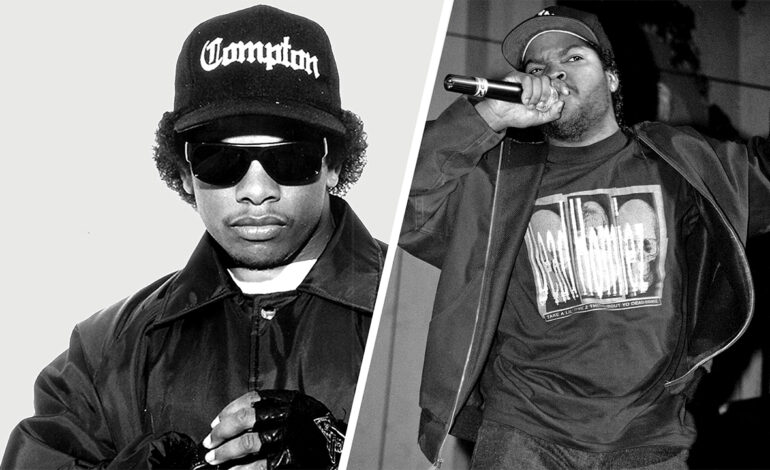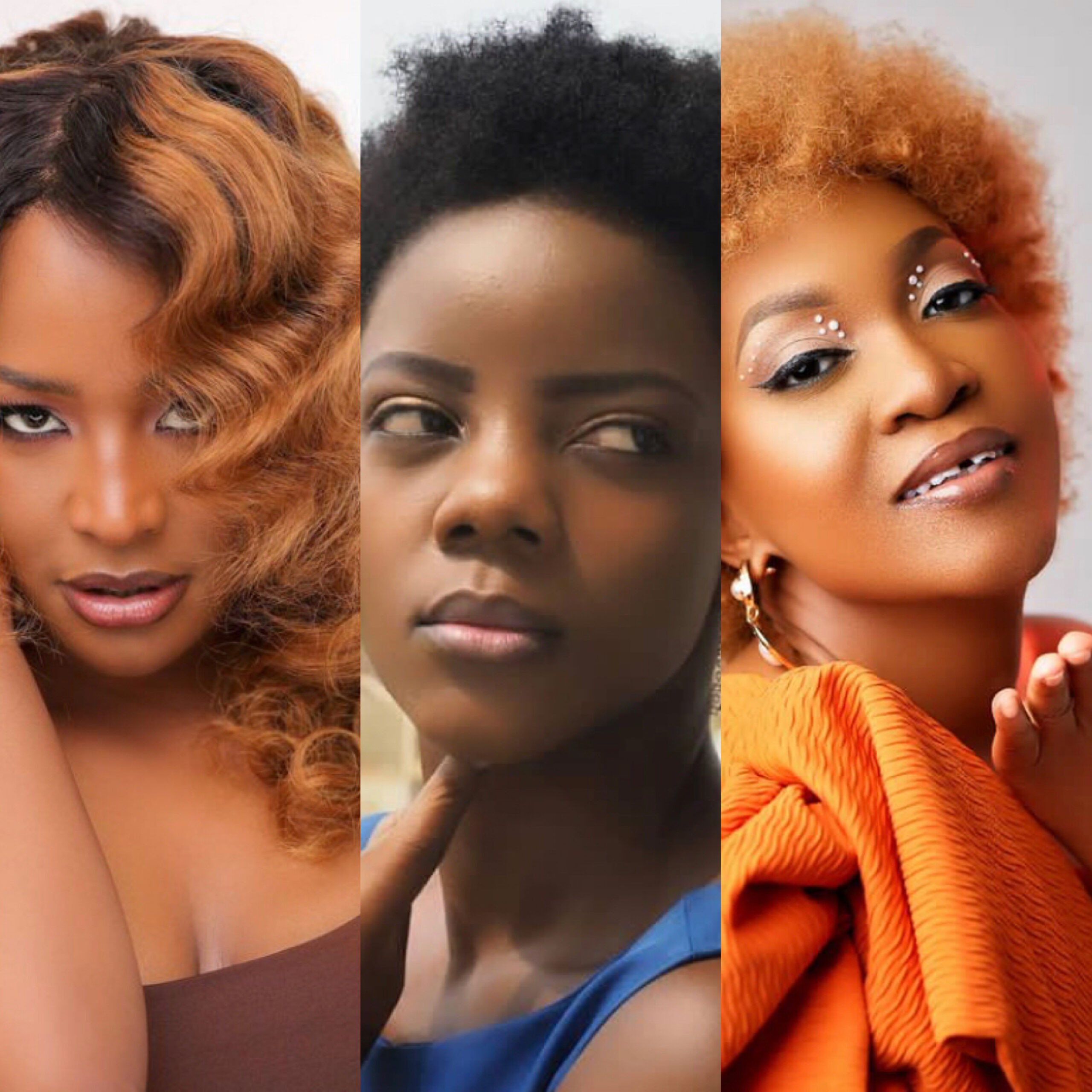Uganda’s hip hop scene has been dominated by men since the birth of the art form in the country. But now, more than ever, women are taking the mic (no Kanye West) and coming to the forefront with full control of their image and their music.
Before 1986, Uganda was in the middle of “Museveni bush-war with tensions high – making it the perfect breeding ground for hip hop but unfortunately the genre wasnt even in the Country as a form of music for expression; Just here wondering what would have happened if rap music was there by then and if we had femcess to spit a few bars on what was going on by that time. But all had to wait untill the “mid 90s”.
With the dawn of democracy, hip hop jumped into the mix though not too mainstrean to become a credible threat to the “Kidandali’s” longstanding but the pioneers of the genre kept pushing plus elevating the art and succeeded in creating a sound that defined an era, Uganda’s Hip-hop had come to stay.
In both periods of Uganda’s hip hop’s chronology, women’s role was limited to behind-the-scenes action or vocalists on records. The femcee barely saw the light of the day.
“There weren’t that many of us around that’s for sure!” Lady Slyke(real name Sharon Bwogi), who is considered to be the first female to rap in Luganda. “It was truly a male-dominated world and there were only a few of us ladies doing it. That coupled with the fact that we always heard the phrase: “Ah, she’s good for a girl”, made competition super intense.”

The sidelining of the femcee in Uganda’s hip hop was a clear reflection of the larger societal treatment of women at the time. Therefore, talented and capable female rappers were dismissed across all levels -from music crew executives, producers, promoters down to radio dj’s and fellow rappers.
And unfortunately, for those that made a career out of rap, it affected the bottom line.
“The lowest point of my career was not being able to earn enough even when working hard and sacrificing a lot of things in my life to sustain my career. Being an independent artist full time isn’t as glamorous or romantic as it sounds,” continues Lady Slyke.
Despite the odds, women pushed through and made their own way.
“If we look at hip hop as a microcosm of society then, of course, hip hop would reflect how the landscape has changed. Naturally, there would be an increase in the amount of women and queer people reflected if there is an awareness and acceptance towards women empowerment in larger society,” stated MC Yallah

The accessibility of technology has certainly lent a helping hand with many femcees using the internet to launch their careers and garner their own following.
And while women’s empowerment is growing in the consciousness of society and there are more structures available for women pursuing a career in rap, they are still being dismissed – just in different ways.
The femcee is not exempt from the impossible beauty standards, objectification, and general misogynoir that still persist in the culture. That coupled with the constant need to pit women against each other makes it more difficult to navigate the industry. A perfect example is how media fueled and reveled in the Keko and Saint C.A beef which I would rather term as “rivalry”.

“People expect the ladies to be at each other’s throats instead of lifting each other up,” says Tushi Nabakyala. “I know this because a lot of times, a supporter would give me a compliment by trashing some other lady spitter. These kinds of expectations are what I have picked up from other people.”

All three women acknowledge that in order to make the industry more accommodating to women, there needs to be an air of support toward women and not just on the financial end.
“Stop putting females against each other!” Recho Rey emphatically states. “ Be encouraging and make more opportunities available to women. Don’t put one narrative out; there is room enough for everyone.”


